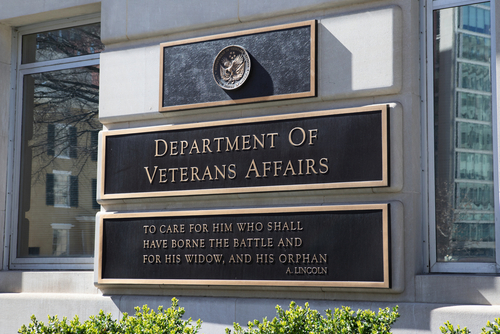
With the introduction of the Leadership, Engagement, Accountability, and Development (LEAD) Act this week, United States Sens. Mike Rounds (R-SD), Jon Tester (D-MT), and Jerry Moran (R-KS) proposed reforms of the Department of Veterans Affairs’ (VA) to crack down on bad actors.
This oversight effort would, most notably, demand improved ability within the department to retaliate against leaders and employees engaged in misconduct. Leaders would need to be more proactive in rooting out those bad actors, while rank-and-file employees would gain new methods to hold leadership accountable. A single office within the Veterans Health Administration (VHA) would centralize all oversight, patient safety, care quality and accountability functions in the VA, presiding over a new system of clarified standards and training for proposing and processing terminations, demotions, suspensions and other punishments for misconduct.
“Our nation’s veterans have made incredible sacrifices so that we can be free,” Rounds said. “We have a responsibility to provide them with health care and other benefits after their service is complete, and it is crucial that VA employees at all levels charged with delivering that care are held to a high standard. The LEAD Act would improve the Department’s ability to hold bad actors accountable and protect whistleblowers, while increasing patient safety at VA facilities.”
The VA has long been criticized for its handling, in numerous forms, including VA Office of Inspector General reports, Government Accountability Office (GAO) investigations, and Congressional hearings and oversight work within the department.
“Bad actors at VA will not be tolerated—period,” Tester, chairman of the Senate Veterans’ Affairs Committee, said. “Our bipartisan bill will overhaul VA’s oversight tools to root out and prevent misconduct at the Department, ensuring we have the very best leaders and employees serving the men and women who risked their lives for this country.”
Additional efforts proposed by the legislation include creating a group of traveling VA medical staff to cover long-term absences on a temporary basis during ongoing investigations or planned extended leave periods to cut down on care disruption. Local and regional VHA leaders would also need to conduct regular in-person oversight visits of facilities to guarantee they maintain certain standards of care.




